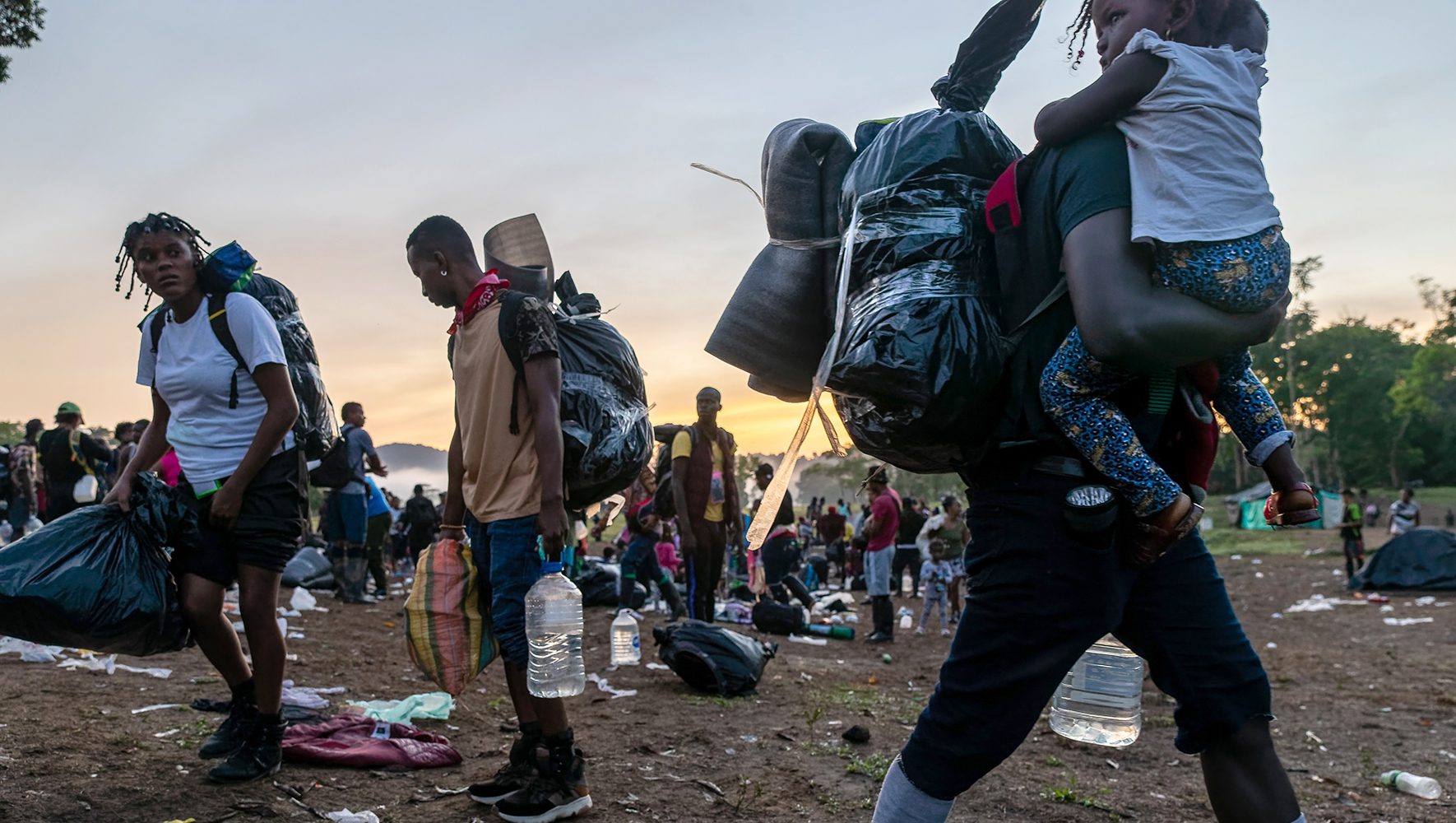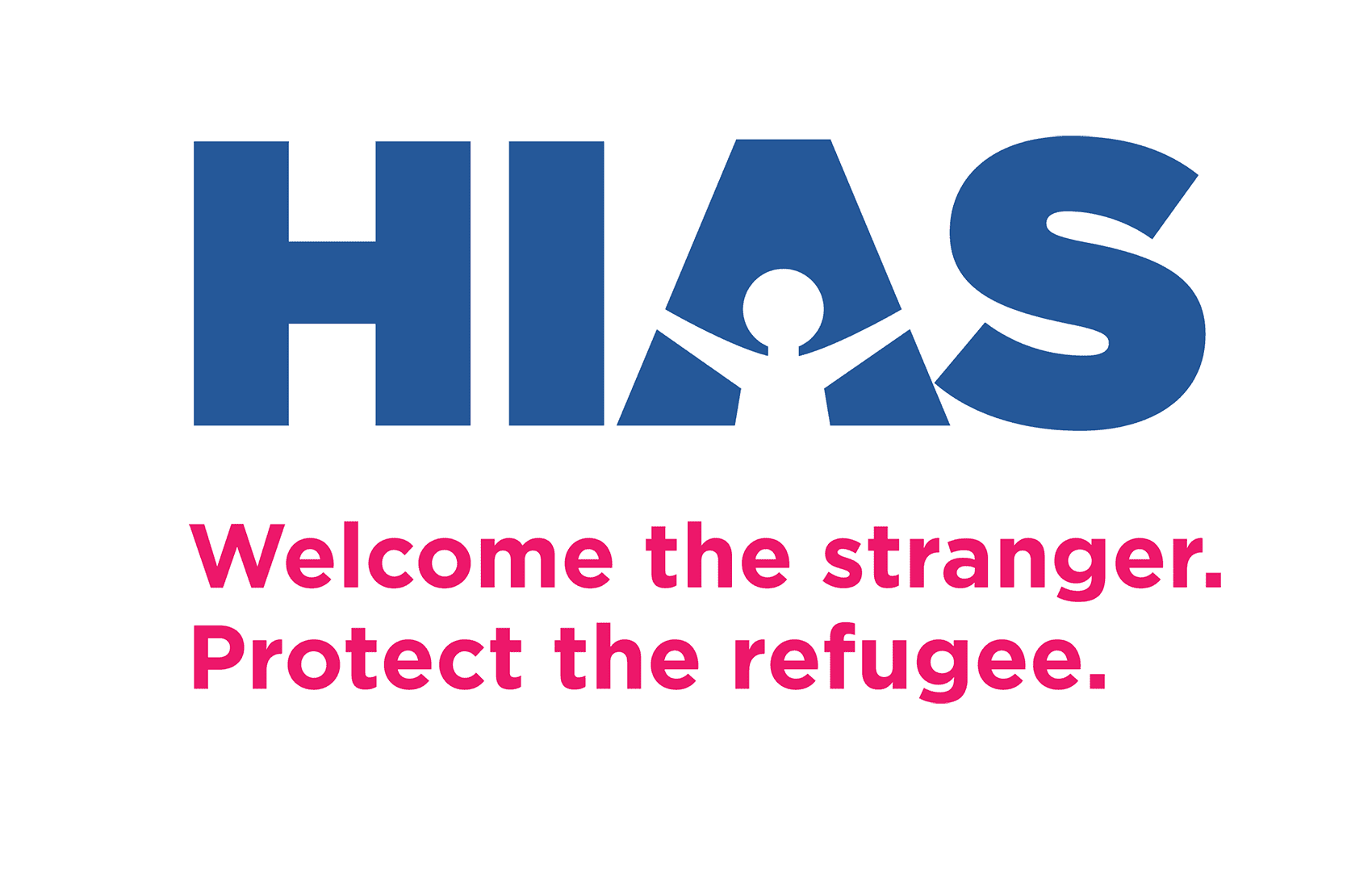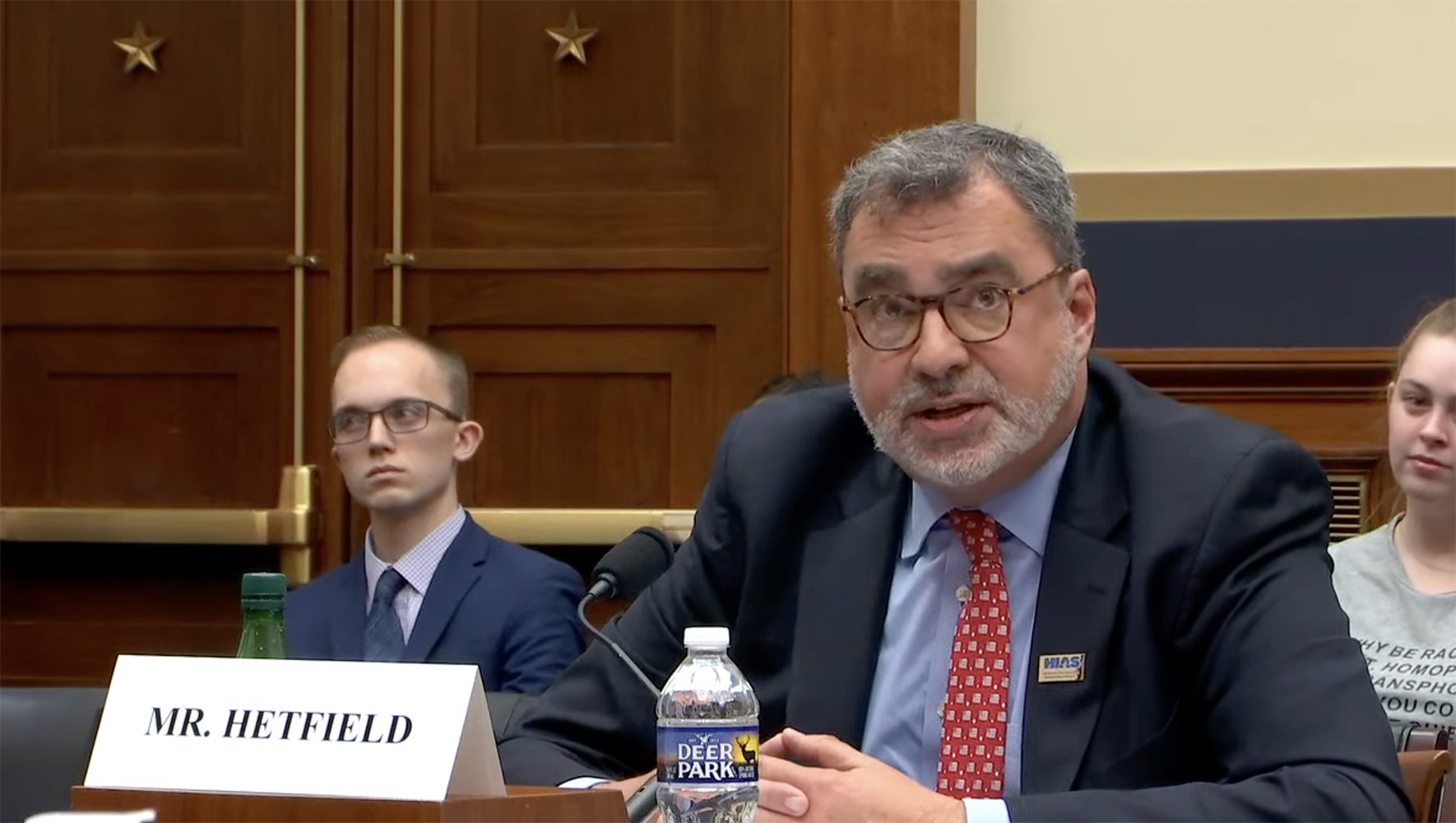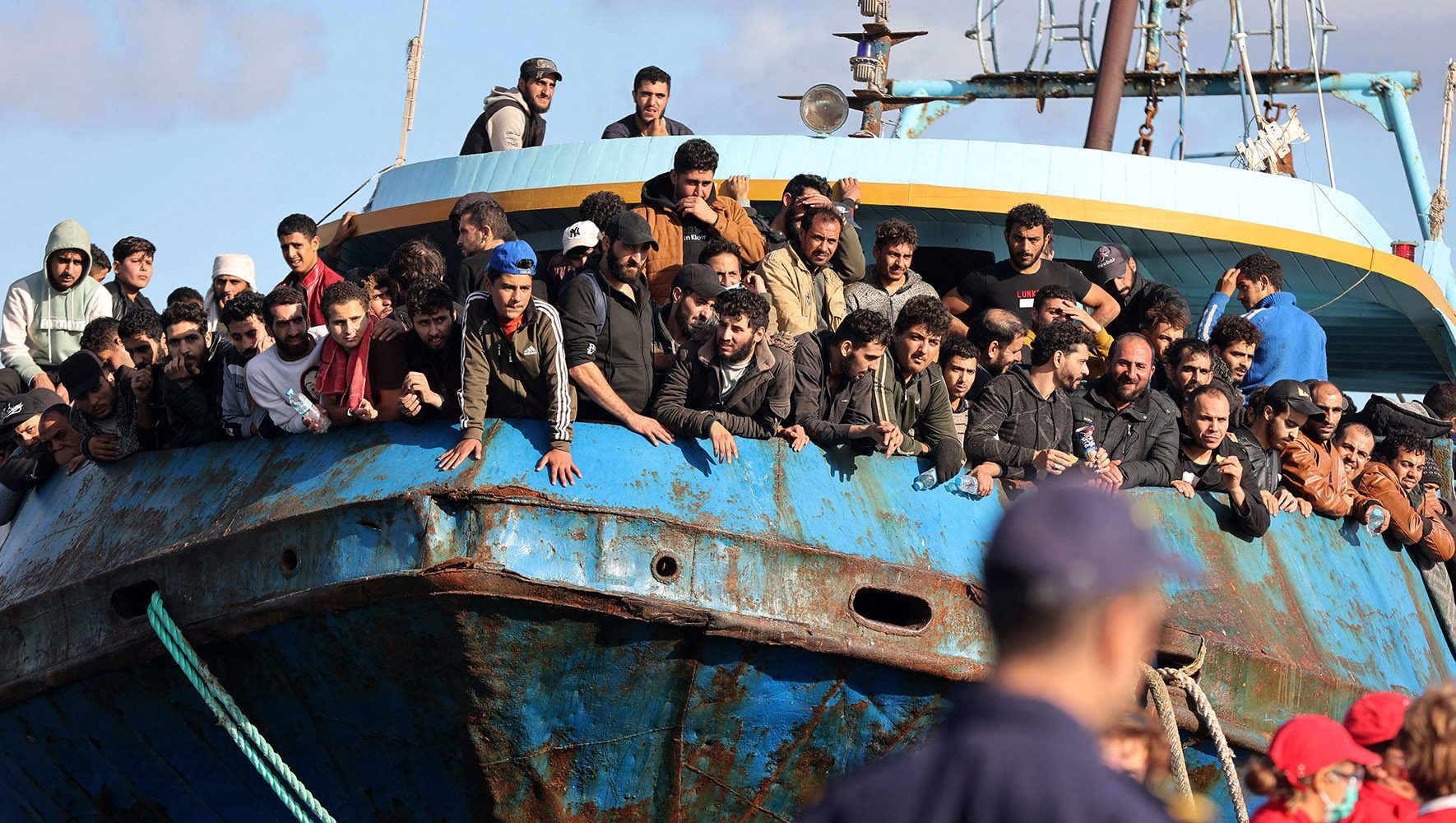Topic: Asylum
263 results
Jul 27, 2023
Beyond the Border: The Regional Effects of the U.S. Asylum Ban

Jul 25, 2023
HIAS Praises Federal Judge’s Ruling on Asylum Restrictions

Jul 24, 2023
Explainer: Israel’s Harmful New Legislation

Jul 12, 2023
HIAS Calls for Enhanced Coordination on Displacement in Latin America and the Caribbean

Jul 5, 2023
Greek Asylum Case Law Report Issue 1/2023 Released

Jun 14, 2023
UNHCR: Forced Displacement Grew 21% in 2022, Now 110 Million Worldwide

May 23, 2023
Hetfield Calls for Immigration Reform at U.S. House Hearing

May 23, 2023
Greece Election: How Will the Results Affect Refugees?

May 23, 2023
HIAS CEO Hetfield Calls for Comprehensive Immigration Reform Before House Judiciary Committee

